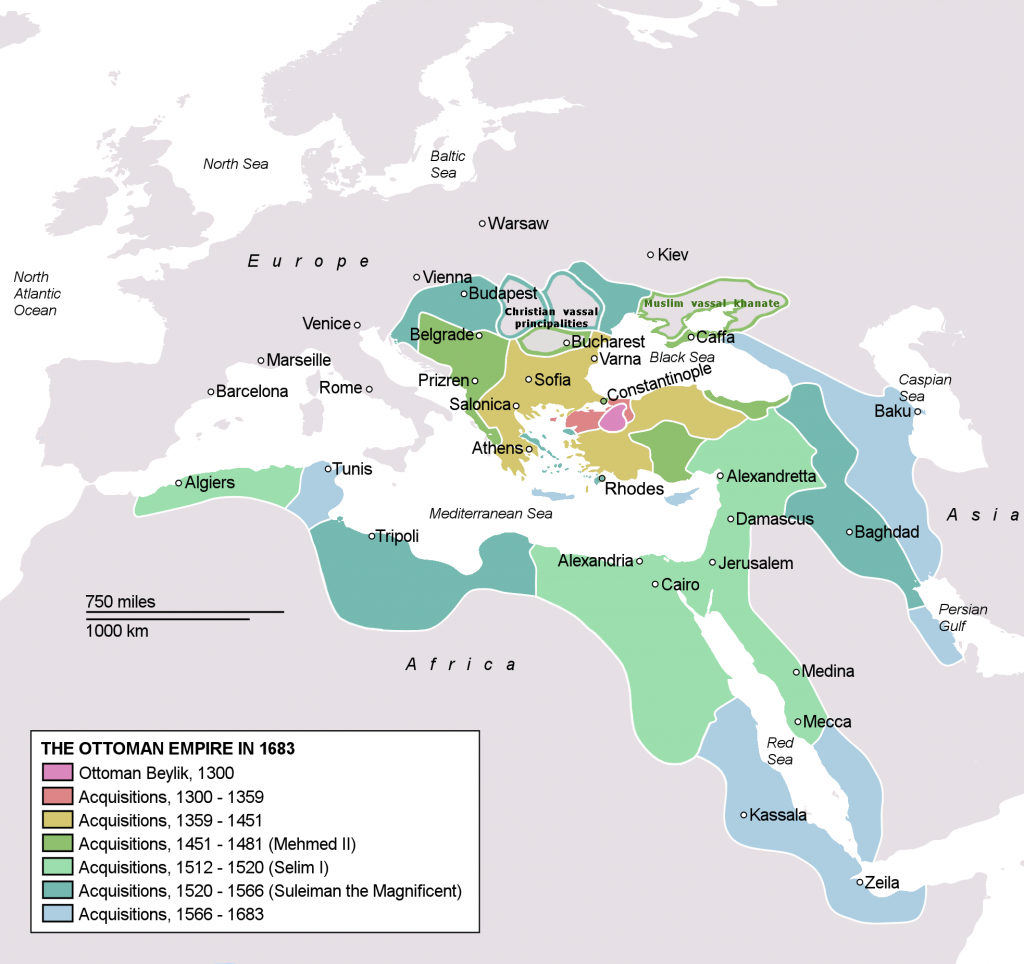Beginning in 1839, the Ottoman Empire began to enact reforms for its citizens which the citizens of the Roman beast in the rest of Europe could only dream of.
“In the reform movements and activities of the nineteenth century two distinct trends can be discerned, between which there was continuous struggle. One derived from the Central European Enlightenment, and brought ideas which were welcome and familiar to authoritarian reformers. They too, like their Central European models, knew what was best for the people and did not wish to be distracted by so-called popular government from the business of applying it. The inert masses, accustomed by ancient tradition to follow and to obey, could not yet, according to this view, be entrusted with their own fate but had to be taught and commanded by those whose historic function it is to teach and to command — that is, the intellectuals and the solders.
The other view drew its inspiration from Western rather than Central Europe, and was inspired by doctrines of political and, to a lesser extent, economic liberalism. For the disciples of this trend, first in Turkey and then in other countries, the people had rights which were to be secured, along with the general advancement of the country, by means of representative and constitutional government. Freedom was seen as the true basis of Western power, wealth, and greatness. … The importation, adaptation, and in some measure application of these ideas [of individual freedom] constitute one of the major political developments of the nineteenth and early twentieth centuries.
“The first tentative experiments with consultative councils and assemblies, all appointed, date back to the early nineteenth century, when both in Turkey and in Egypt councils of this kind were convened to discuss such matters as agriculture, education, and taxes. In 1845 the Ottoman sultan even convened an assembly of provincial representatives, two to be chosen from each province, ‘from among those who are respected and trusted, are people of intelligence and knowledge, who know the requisites of prosperity and the characteristics of the population.’ Despite these fine qualifications the experiment led nowhere and was abandoned.”
Bernard Lewis, The Middle East: A Brief History of the Last 2000 Years, pp. 311-12.
